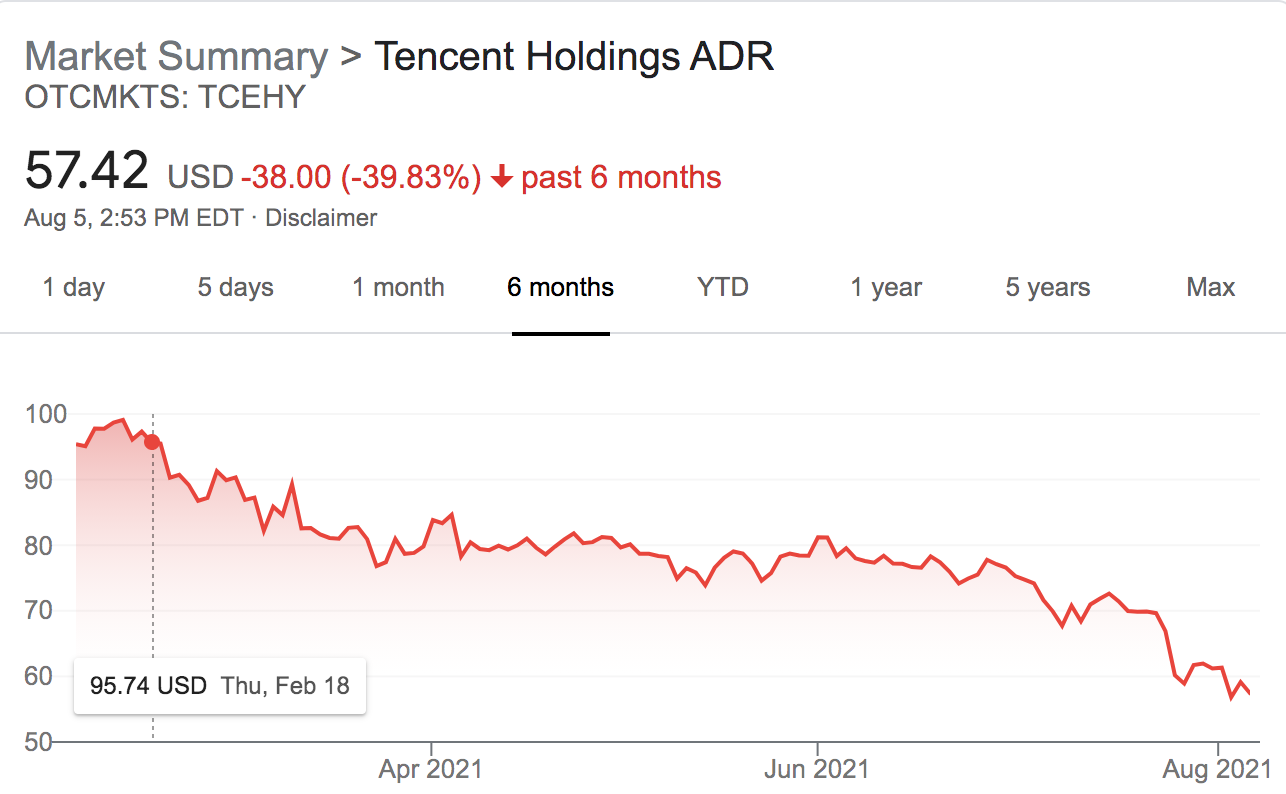Hello and welcome back to TechCrunch’s China roundup, a digest of recent events shaping the Chinese tech landscape and what they mean to people in the rest of the world.
The question for the tech news cycle in China these days has become: Who is Beijing’s next target? Regulatory clampdowns are common in China’s tech industry but the breadth of the recent moves has been unprecedented. No major tech giant is exempted and everyone is being attacked from a slightly different angle, but Beijing’s message is clear: Tech businesses are to align themselves with the interests and objectives of Beijing.
Education curbs hit tech giants
The government’s motivation isn’t always ideological. It could lead to policies that rein in the unruly private tutoring sector in the hope of easing pressure on students and parents. Recent orders from Beijing have strictly limited after-school tutoring, though they also sparked a wave of sympathy for public school teachers who work at lucrative tutoring centers to compensate for their meager salaries.
The effects of the education crackdown are also trickling down to internet companies. For the past few years, ByteDance had been aggressively building an online education business through a hiring and acquisition spree in part to diversify an ad-based video business. Its plan seems to be in shambles as it reportedly plans to lay off staff in its education department following recent the clampdown.
The restraints are also hitting American companies. Duolingo, the language learning app, was removed from several app stores in China. While it’s not immediately clear whether the action was the result of any policy change, the government recently, along with its restraints on extra-curriculum, barred foreign curricula in schools from K-9.
Games are opium
It could be tricky to read the top leaders’ minds because their messages could come through various government departments or state-affiliated media outlets, carrying different weights.
This week, Tencent is in the authorities’ crosshairs. About $60 billion of its market cap was wiped after the Economic Information Daily, an economic paper supervised by China’s major state news agency Xinhua, published an article (which was taken down shortly) describing video games as “spiritual opium” and cited the major role Tencent plays in the industry. Shares of Tencent’s smaller rival NetEase were also battered.
This certainly isn’t the first time Tencent and the gaming industry overall were slammed by the government for their impact on underage players. Tencent has been working to appease the authorities by introducing protections for young players, for instance, by tightening age checks several times.
Tencent, which has a sprawling online empire of social networks, payments and music on top of games, has also promised to “do [more social] good” through its products. And following the recent op-ed from the state paper, Tencent further restricted the amount of time and money children can spend inside games. But after all, the company still depends largely on addictive game mechanics that lure players to open loot boxes.

Fix the algorithms
The other camp of tech companies feeling the heat is those dependent on machine learning algorithms to distribute content. The Propaganda Department of the Chinese Communist Party, the country’s watchdog of public expressions, along with several other government organs, issued an advisory to “strengthen the study and guidance of online algorithms and carry out oversight over algorithmic recommendations.”
The government’s goal is to assert more control over how algorithmic black boxes affect what information people receive. Shares of Kuaishou, TikTok’s archrival in China, tanked on the news. Since its blockbuster initial public offering in February, Kuaishou’s stock price has tumbled as much as 70%. Meanwhile, the Beijing-based short video firm is shuttering one of its overseas apps called Zynn, which has caused controversy over plagiarism. But its overseas user base is also rapidly growing, crystalizing in one billion monthly users worldwide recently.
End of “two-choose-one”
The week hasn’t ended. On Friday morning, The Wall Street Journal reported that the country’s antitrust regulator is preparing to fine Meituan, China’s major food delivery platform, $1 billion for allegedly abusing its market dominance. In 2020, Meituan earned 114.8 billion yuan or $17.7 billion in revenue.
Until recently, forcing suppliers to pick sides had been a common practice in China’s e-commerce world. Alibaba did so by forbidding sellers to list on rivaling platforms, a practice that resulted in a $2.75 billion antitrust penalty in April. We will see where the government will act next as it continues to curb the power of its tech darlings.
China roundup: Keep down internet upstarts, cultivate hard tech































Comment